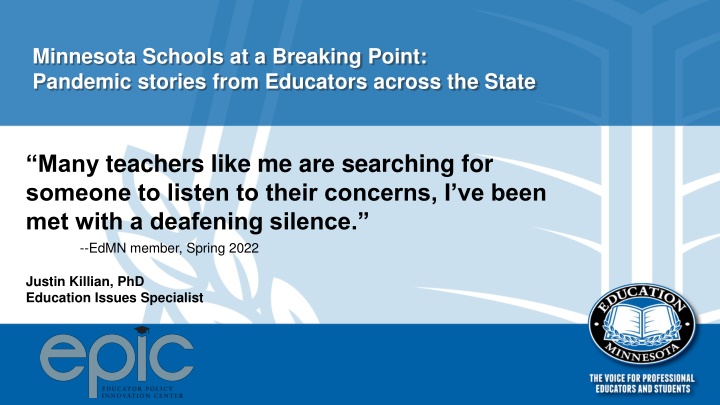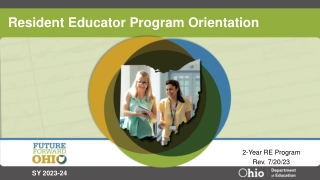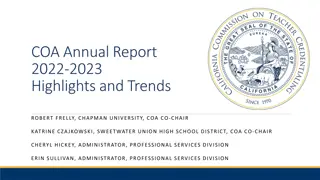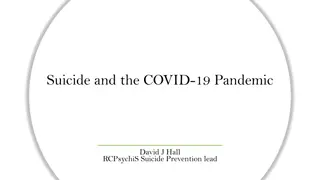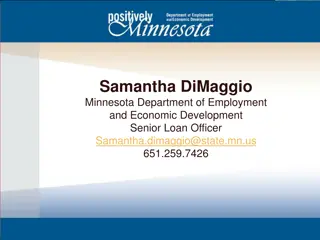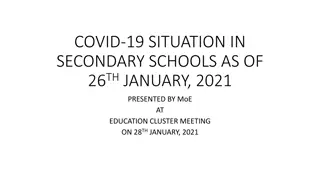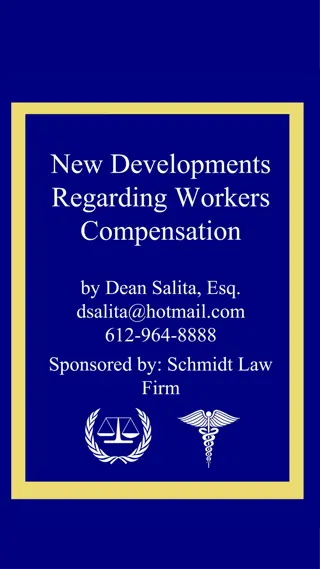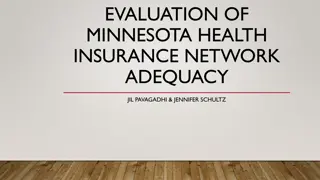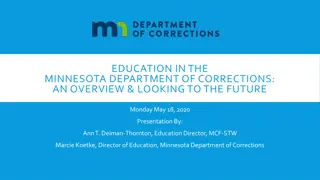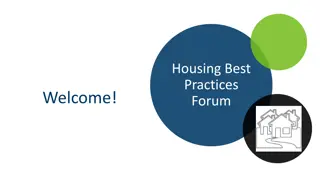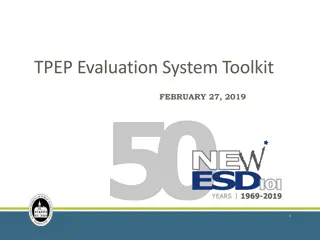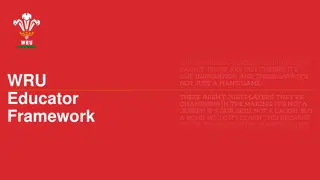Minnesota Schools at a Breaking Point: Educator Voices Amidst Pandemic Challenges
Educators in Minnesota are facing unprecedented challenges, including systemic failures, unsafe working environments, and educator attrition. The Educator Policy Innovation Center highlights the severity of the situation, emphasizing the voice of educators and the impact on students. National trends show a concerning decline in teacher satisfaction, with educator attrition reaching crisis levels.
Download Presentation

Please find below an Image/Link to download the presentation.
The content on the website is provided AS IS for your information and personal use only. It may not be sold, licensed, or shared on other websites without obtaining consent from the author.If you encounter any issues during the download, it is possible that the publisher has removed the file from their server.
You are allowed to download the files provided on this website for personal or commercial use, subject to the condition that they are used lawfully. All files are the property of their respective owners.
The content on the website is provided AS IS for your information and personal use only. It may not be sold, licensed, or shared on other websites without obtaining consent from the author.
E N D
Presentation Transcript
Minnesota Schools at a Breaking Point: Pandemic stories from Educators across the State Many teachers like me are searching for someone to listen to their concerns, I ve been met with a deafening silence. --EdMN member, Spring 2022 Justin Killian, PhD Education Issues Specialist
Educator Policy Innovation Center Minnesota s only educator led and educator funded research think- tank Combines practice and research to propose real solutions to the problems facing public education The voices of educators are too often lacking in policy conversation www.educationminnesota.org/advocacy/EPIC
Minnesota Schools at a Breaking Point: Pandemic stories from Educators across the State Advisory team: 21 member advisory team: licensed educators, support service personnel, ESPs, all regions of Minnesota, diversity of role and racial/gender identity Capture as many first-hand accounts of public school during a global pandemic Data set of ~200 narrative responses from EdMN members Qualitative analysis, 7 predominant themes from member respondents
What did the team find? Systemic failures have created unsafe, under- resourced working and learning environments that are exacerbating educator attrition and stifling student learning. To be direct, we are using this paper to give voice to our membership and to highlight the severity of the situation facings students and educators. Simply put, things are not good; teachers are not well. --EdMN member, Spring 2022
National context and Minnesotas data COVID-19 is only part of the narrative systemic racism chronic underfunding divestment in public education opportunity gaps racial-wealth gaps mental health of educators mental health of students racial-discipline gaps housing insecurity special education cross-subsidy poor educator compensation biased testing educator attrition recruitment of educators of color corporate reform attacks on teaching profession and public education
National trends and concerning realities: In 2022, only 12% of teachers reported being very satisfied with their jobs as compared to ~57% in 2005. (Merrimack Winston School of Education and Social Policy, 2022, April, p.4) Educator Attrition is at a crisis level--1 out of every 3 teachers leaves the profession within the first 5 years. The mental health crisis among U.S. adolescents, which was further aggravated by the COVID-19 pandemic, reaching what clinicians have termed a student mental health pandemic. Highest level of child poverty among developed nations matched with lowest investments in public education.
Minnesota trends and concerning realities: Minnesota s public school system is not working for BIPOC students and staff; Our state reports some of the largest opportunity gaps in academic achievement, student discipline, graduation rates, and measures of future life outcome. Educator retention, not recruitment, is the primary staffing problem. It takes 63,000 licensed teachers to fully staff Minnesota s public and charter schools. There are more than twice that number of professionally licensed educators in Minnesota today than required to fill all positions Minnesota schools still lack the minimum number of school-based, mental health professionals to meet national staffing recommendations. State government continues to divest from public education at a time when funding matters most.
What did our members teach us? Workloads are unmanageable. Educators lack a voice in decision making. Student mental and social emotional health is at a crisis level. Educators are reporting experiencing higher levels of physical and mental health concerns. Education Support Professionals feel disrespected and exploited. Educators are exhausted by a lack of meaningful support and continuous toxic positivity. Lawmakers continue to fail special education students and the educators who serve them.
What do we need? A Marshall Plan for public education: Recruitment Preparation Mentoring Professional learning Leadership development Compensation School redesign
Testimony from Advisory Team Andrea Lisko Lemon Care and Treatment Teacher Fairview Mental Heath Residential and Day Treatment Programs for Adolescent Mental Health and Dual Diagnosis. ISD #622 North St. Paul- Maplewood-Oakdale Schools Katie Angel Preschool and Early Childhood Family Education Teacher Jordan Public School District
